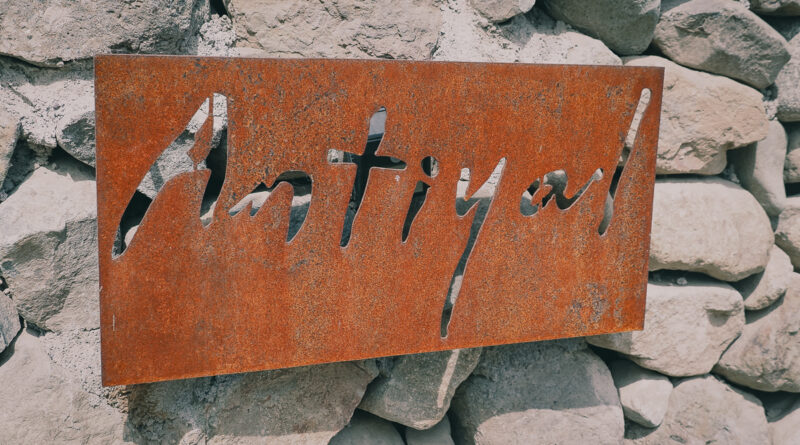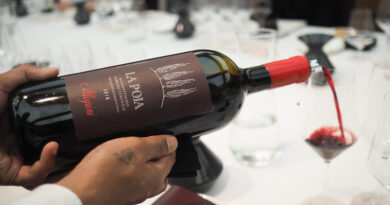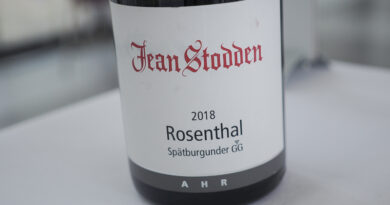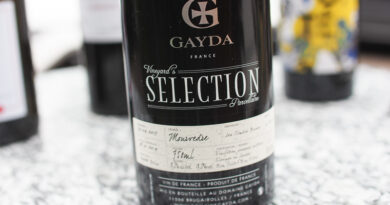Visiting Antiyal, with Alvaro Espinoza, the biodynamic pioneer of Chile
Website: https://antiyal.com/
Alvaro Espinoza and his wife Marina had just got back from Costa Rica when I met them at their beautiful Antiyal farm, El Escorial, in the Alto Maipo, just an hour’s drive from downtown Santiago.
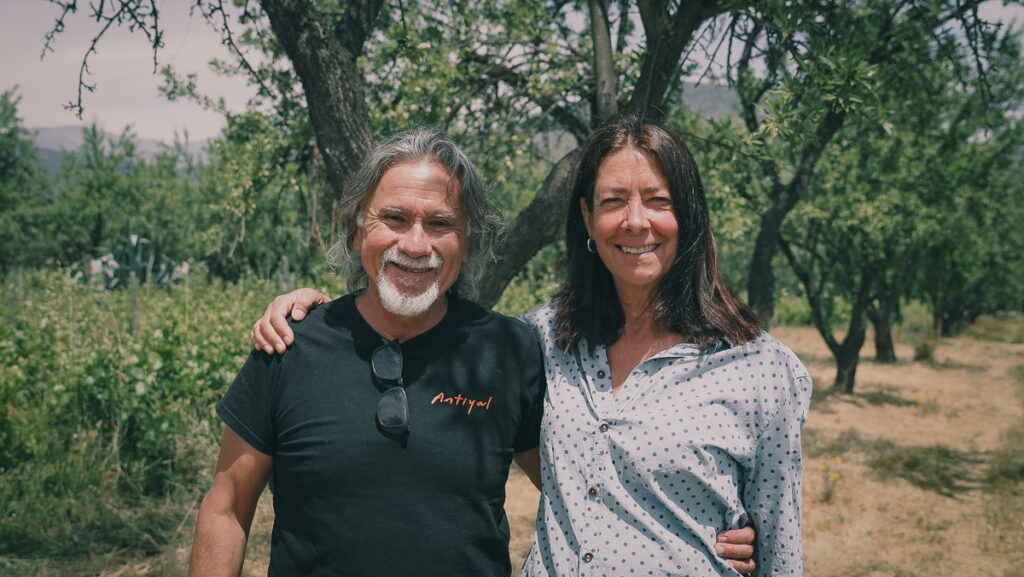
He’s been a very important player in establishing organic and biodynamic farming in Chile, and Antiyal is his own property. On a warm November day it was looking stunning.
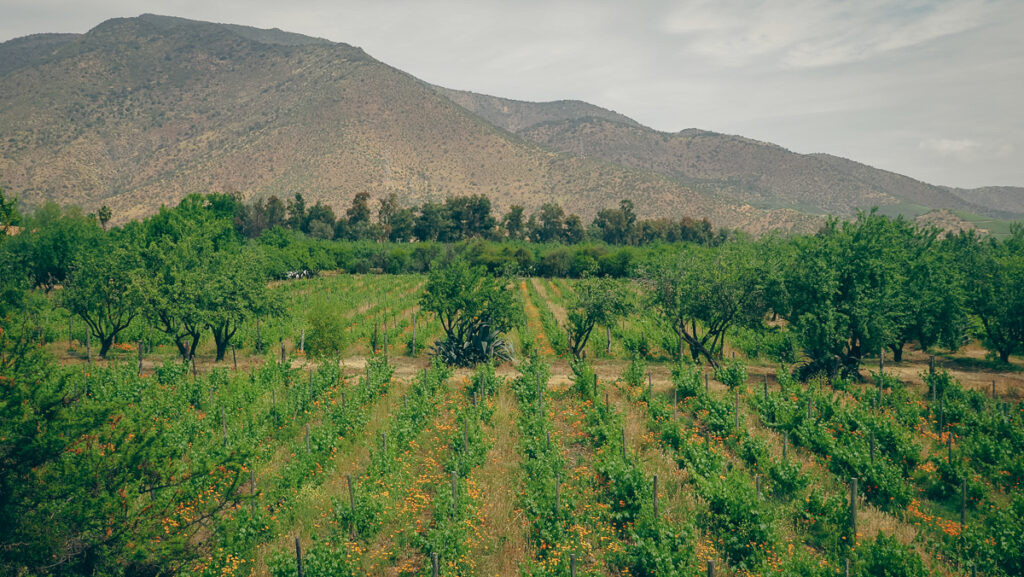
His career began in a very different era for Chilean wine, back in the 1990s. He worked for Santa Rita, with their Carmen winery. But this was before organic farming was taken seriously. Alvaro was interested in it, but he says it wasn’t taught at university, as it wasn’t taken seriously.
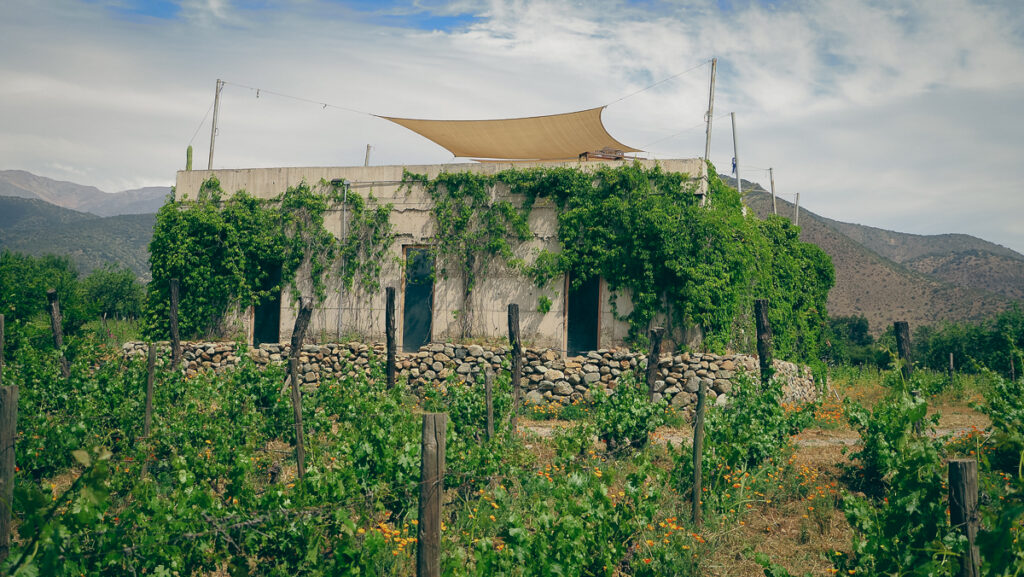
While he was at Carmen a group of journalists came to visit. One of them was Andrew Jefford, who lent Alvaro a book on biodynamics. This piqued his interest. He says that 16 years later Andrew visited again and he was able to return the book.
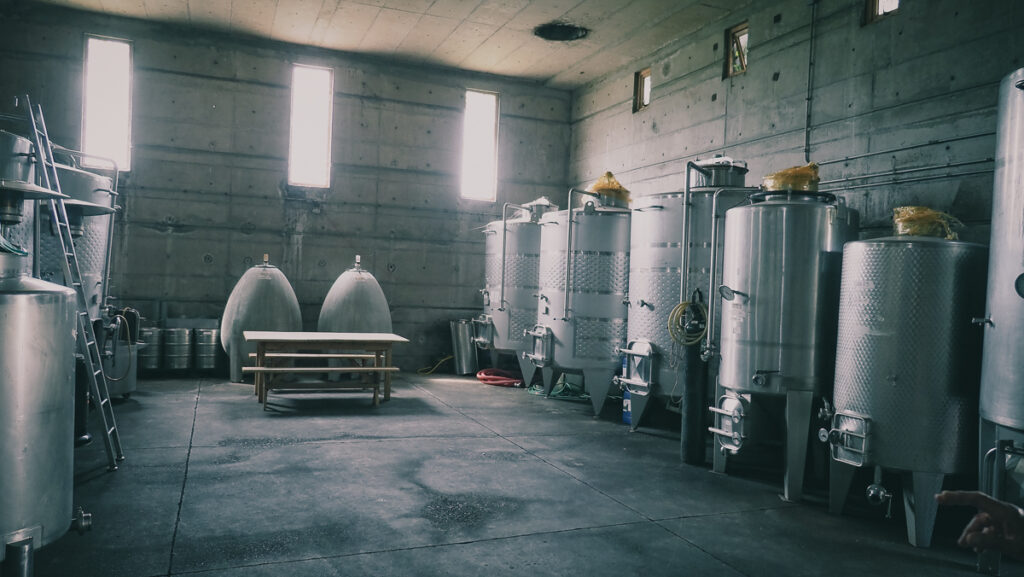
At Carmen, he tried to implement organics in the vineyard, but ran into quite a few problems. He showed the trials to the owner, whose response was if you want to experiment, do it with your own money. So this is how Antiyal was born. In 1996 Alvaro bought a hectare of vines and an old house, which he rebuilt. It was the first garage winery in Chile, and the first 3000 bottles made were all purchased by Adnams in the UK. He was the first organic producer in Chile.
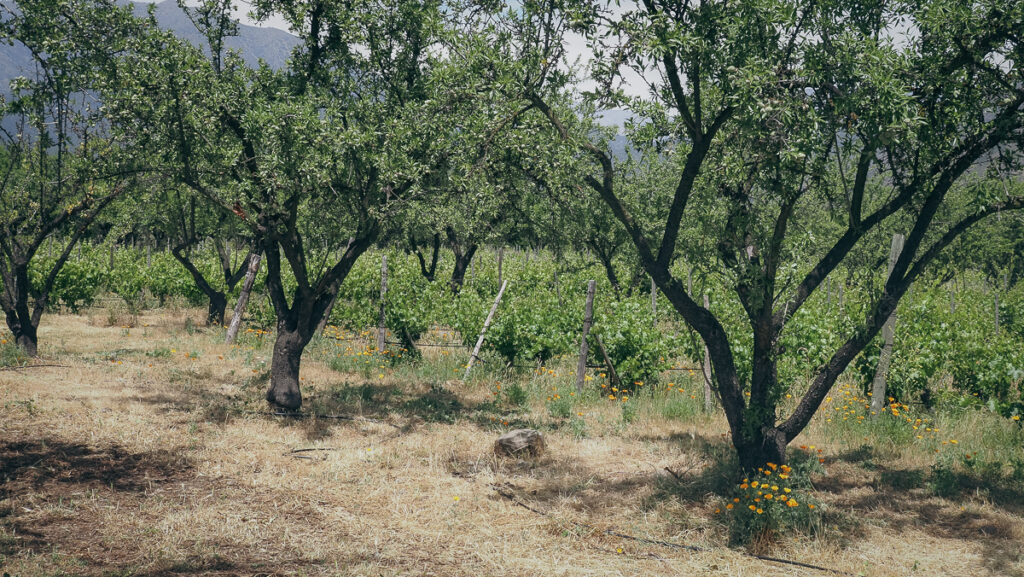
The big moment came in 1998. In the mid-1990s he’d begun working the market for Carmen, and Brown Forman was selling the wines in the USA. They also owned wineries, and had just bought a pioneering USA organic brand, Fetzer, and were about to launch the organic Bonterra brand. He was going to the USA every year, and in 1998 he was given a sabbatical year for study.
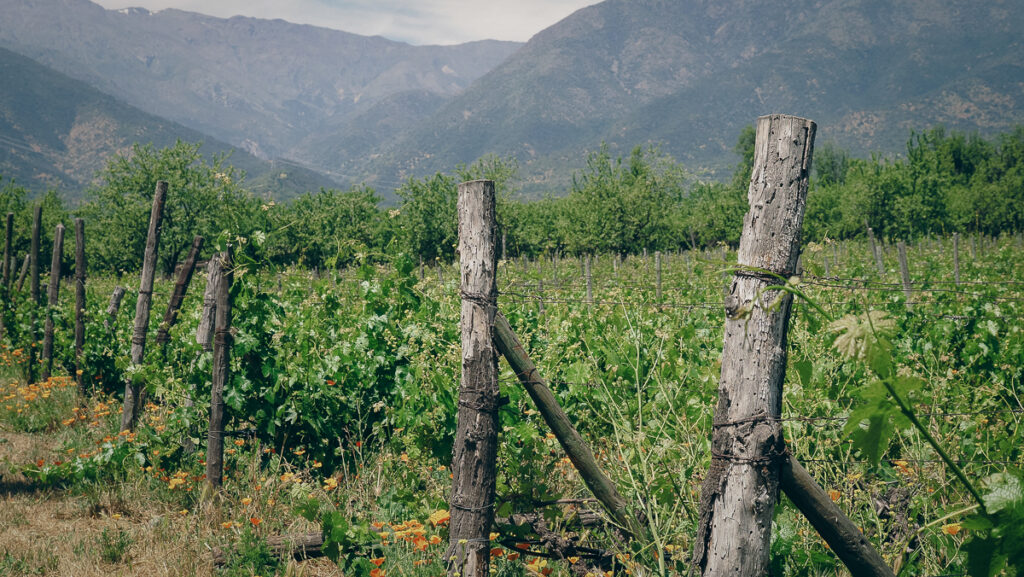
Alvaro had become friends with winemaker Paul Dolan. Dolan invited him to come out to California and work in the vineyards at Fetzer. He met the Fetzer brothers, and also got to know biodynamic consultant Alan York who was living at the Ceago farm. York gave Alvaro a copy of Steiner’s lectures.
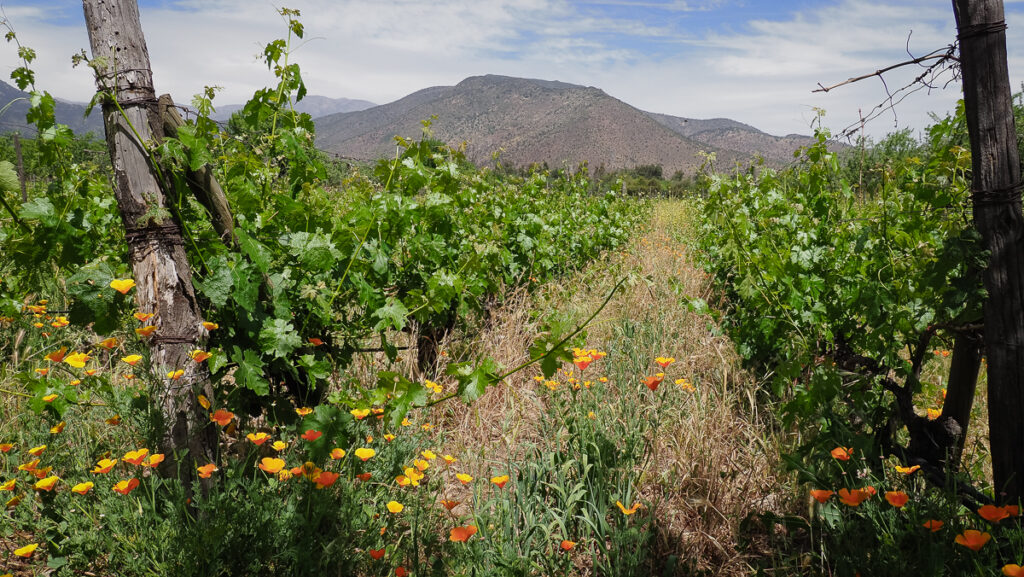
In 2003, they bought and planted the farm we were visiting, El Escorial. At the time it was an almond orchard, and here Alvaro and Marina planted 7 hectares of vines. He’d recognized the potential of the estate while consulting for Perez Cruz, the neighbours.
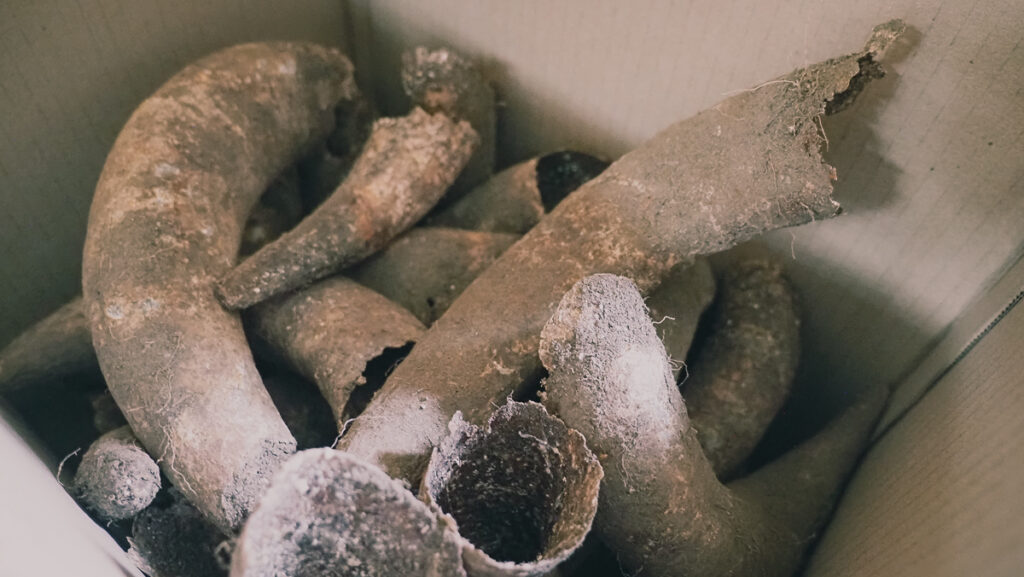
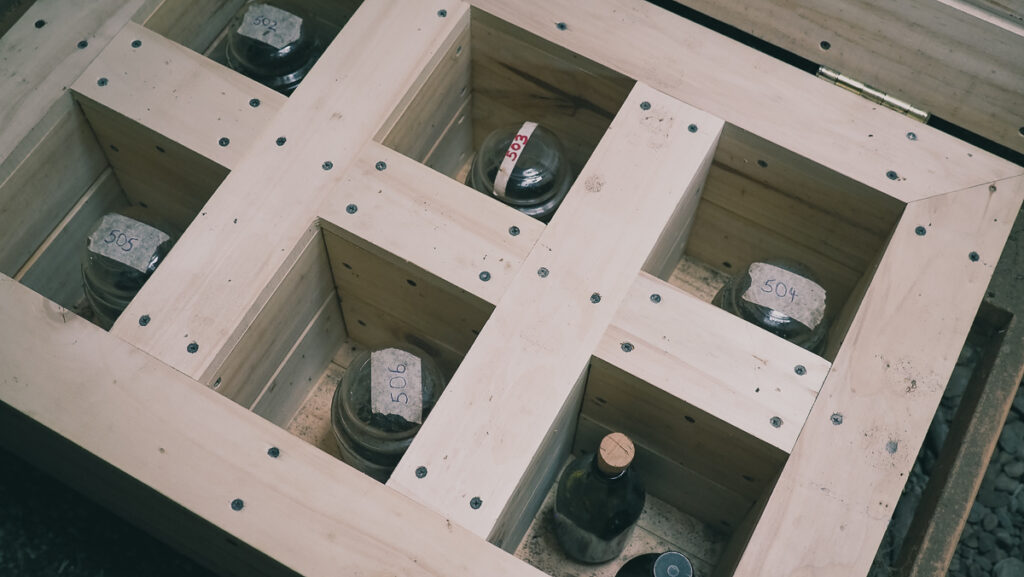
Soils here are rocky volcanic/basaltic soils of the Andean foothills. Alan York helped Alvaro plant, and it has been biodynamic since the outset. Altutude is 500 m, and just reds are planted here. The almond trees along the access paths have been left as habitat breaks. The farm was certified biodynamic by Demeter, and was the second in Chile. The second was Emiliana, a large producer that Alvaro worked from 2000 onwards, and from which Coyam comes from.
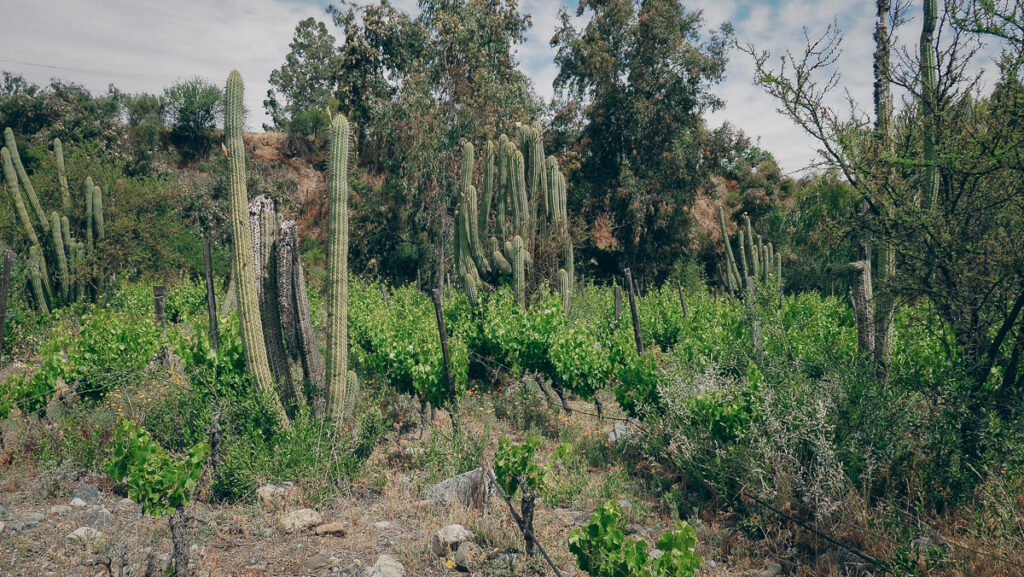
In 2010 and 2011 they planted another 13 hectares on a farm they bought across the road. This includes a very special block lower down near the river, with alluvial soils and which still has some large cacti growing in between the vines.
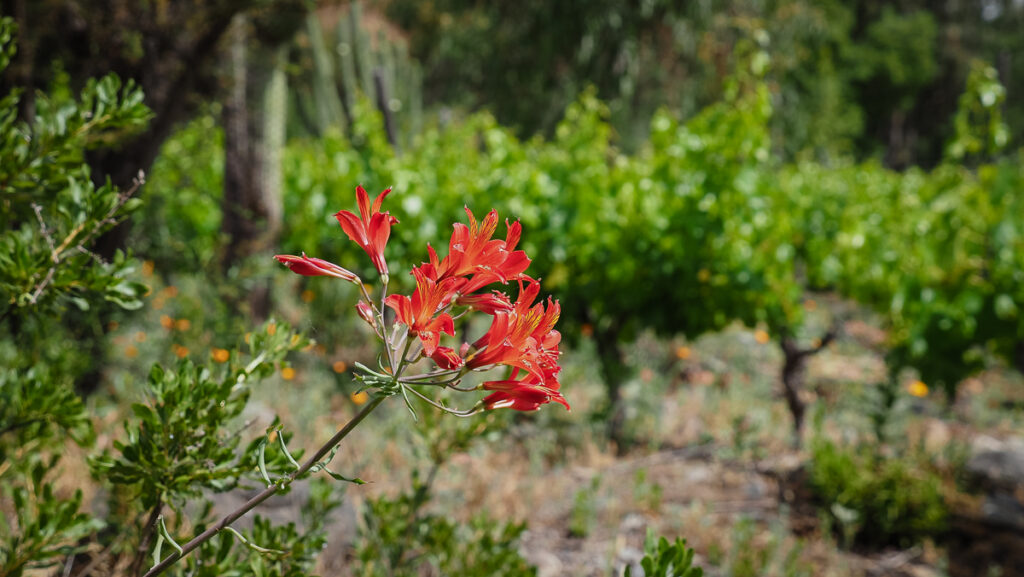
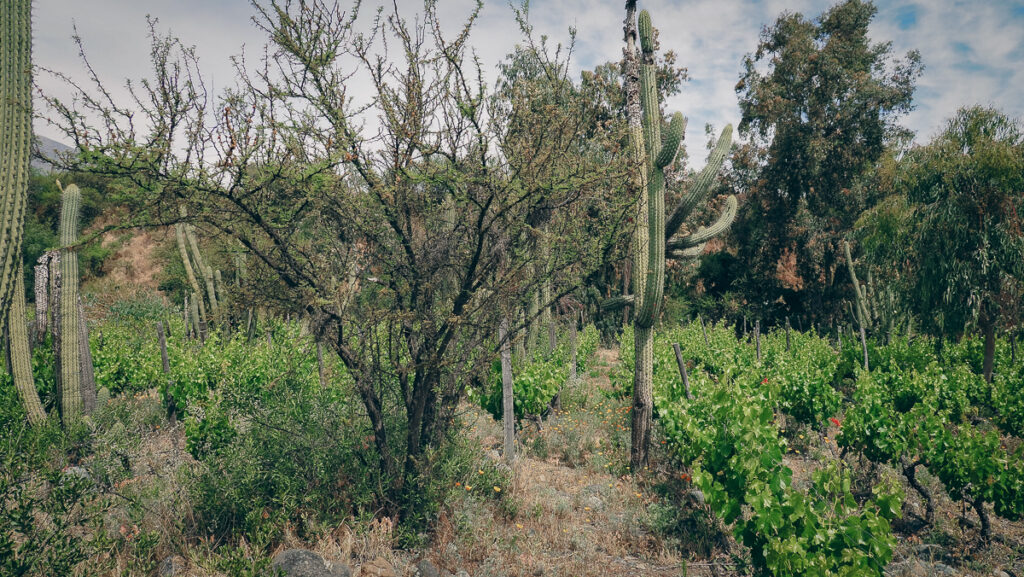
Biodynamic farming has resulted in the soils now containing 4% organic material, which is high for such a dry site with rocky, bony soils. One help has been their composting program. They combine the organic material from the farm with manure from the stables of their animals and also neighbouring farms (these are all small, low intensity farms).
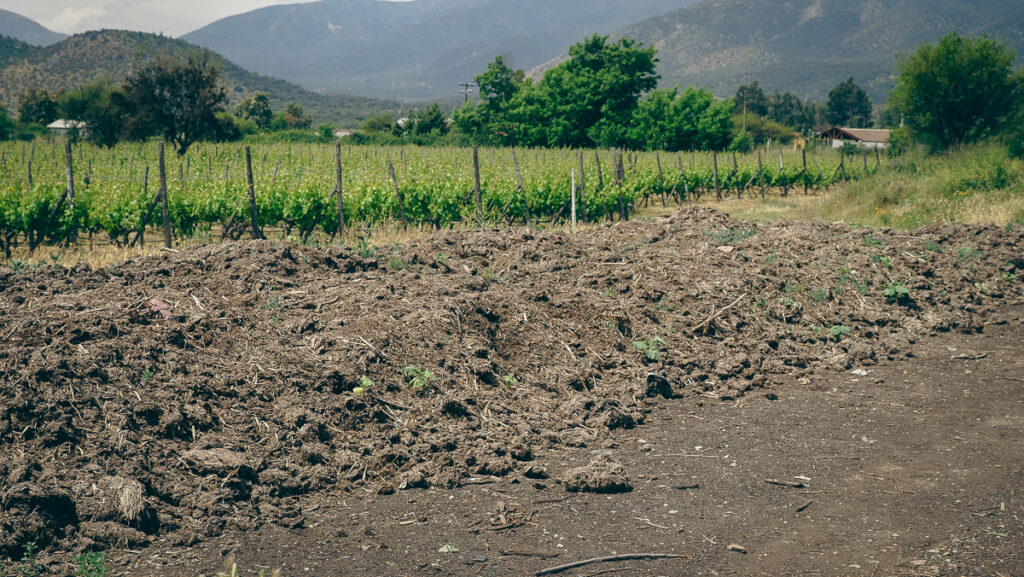
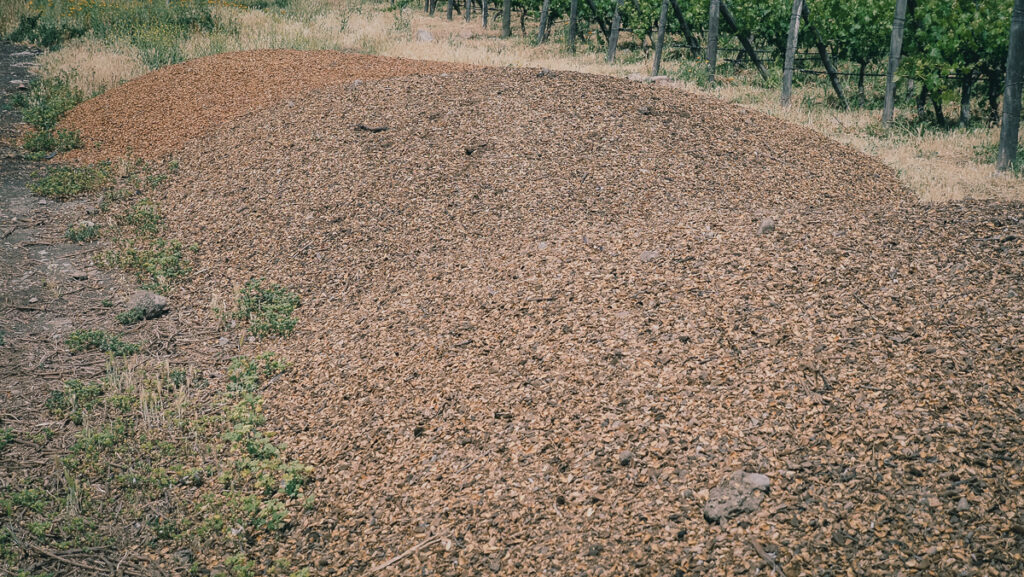
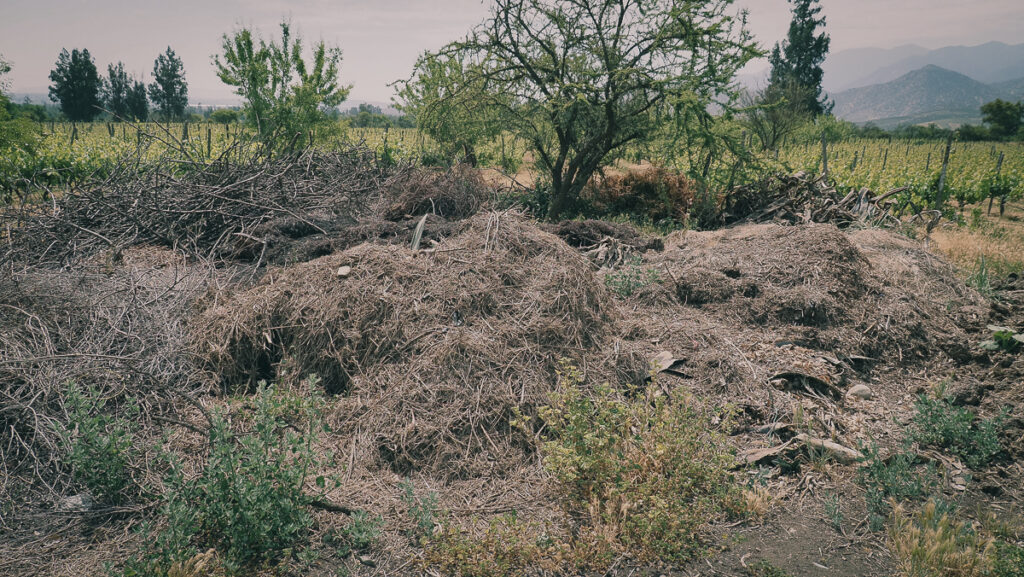
Planting density is 6000 vines/hectare, and varieties are Syrah, Carmenère, Cabernet Sauvignon and Petit Verdot. They are helped in the business by their sons Vicente (production) and Clemente (sales). Pre-pandemic they sold 90% of Antiyal wines export, but now they sell 60% domestically.
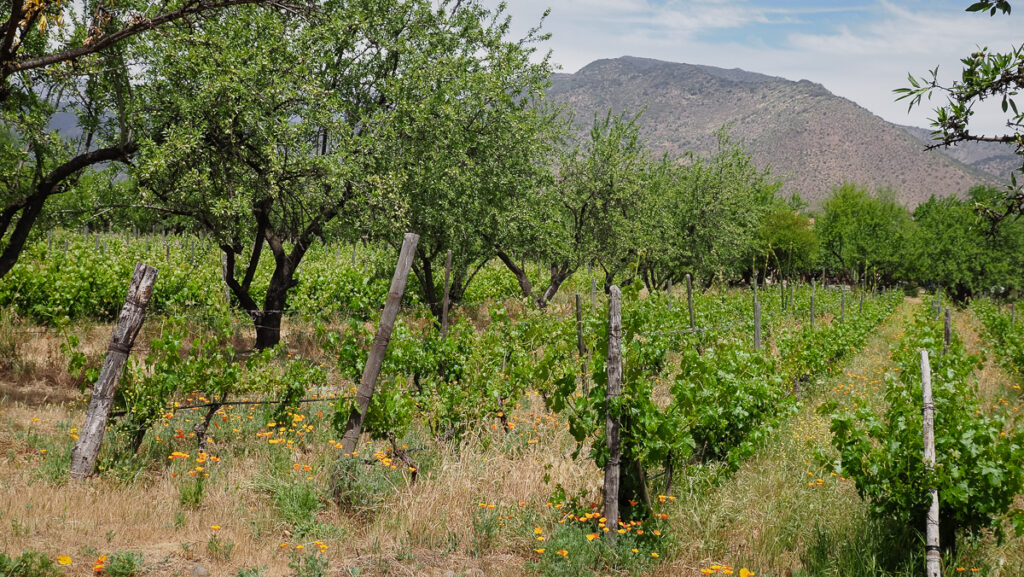
Yields are 7-8 tonnes/hectare. Wines are wild ferment and the only additions are tartaric acid (especially for the Carmenère), sulfites and sometimes yeast hulls to add nitrogen (in biodynamic/organic farming nitrogen is often deficient, and YANs here are routinely 70-80, which is low). He often does extended maceration, and only uses the free run: the pressings are sold (they are often not great because of the extended macerations).
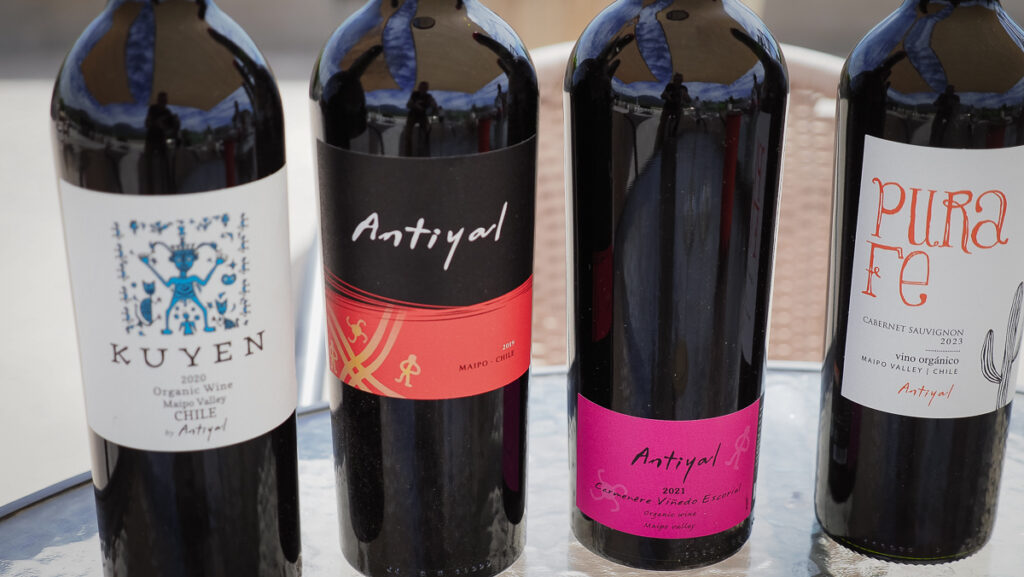
THE WINES
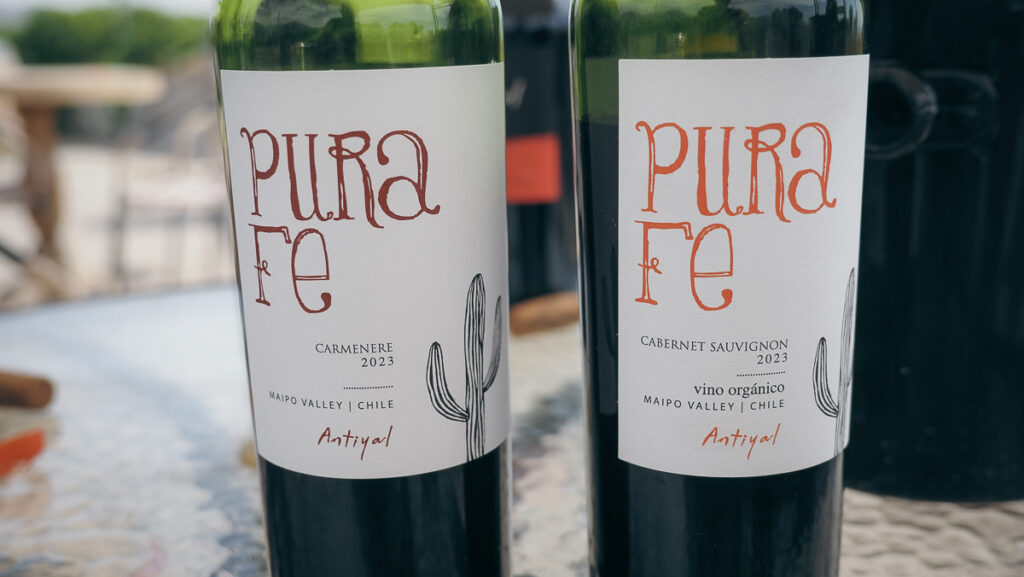
Antiyal Pura Fe Carmenère 2023 Maipo, Chile
14.5% alcohol. This sells for $22 and is the entry level from Antiyal. Nice weight and texture here with a slight dusty edge to the blackcurrant and cherry fruit. Lovely balance, with a fine spicy edge the palate, and a subtle green hint. This is just perfectly balanced with good structure and refinement, and a brightness on the finish. 94/100
Antiyal Pura Fe Cabernet Sauvignon 2023 Maipo, Chile
There’s a lovely sweet core to the fruit here. Blackcurrant, red cherry and blackberry with a hint of green. Lovely sleek fruit and well integrated tannins. Delicious, rounded, sleek and balance with good tannins and acidity. 93/100
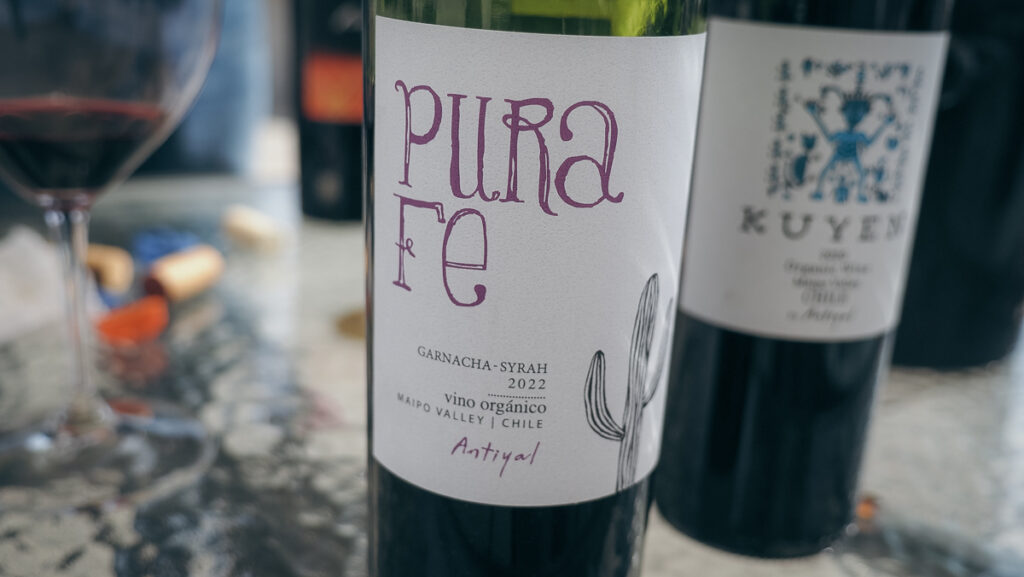
Antiyal Pura Fe Garnacha Syrah 2022 Maipo, Chile
This is a co-ferment of 80% Garnacha and 20% Syrah with 30% whole bunch. Amazing aromatics here: floral and focused with red and black cherry as well as a hint of pepper spice. The palate is focused with nice tannins and grippy black cherry fruit, as well as some mediterranean herbs. Primary and intense. 94/100
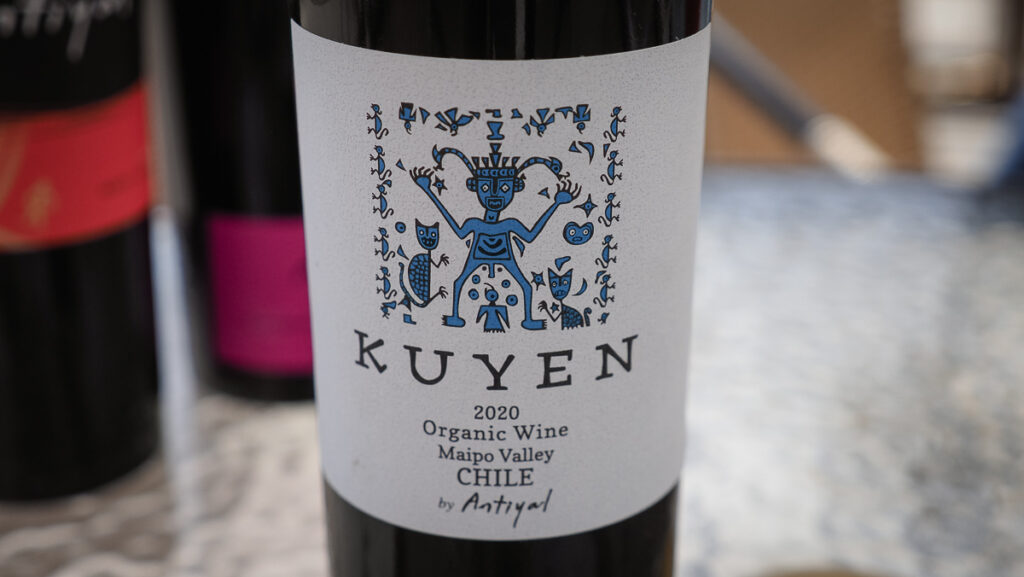
Antiyal Kuyen 2020 Maipo, Chile
This is a blend of Syrah (50%), Cabernet Sauvignon (30%), Carmenère (15%) and Petit Verdot (5%) aged in French oak, one-third new. Fresh floral nose with lovely black cherry and blackcurrant fruit. Refined and expressive. The palate has lovely density with a sweet core of fruit and some spicy detail. Fine grained structure and amazing balance, and even some elegance. 94/100
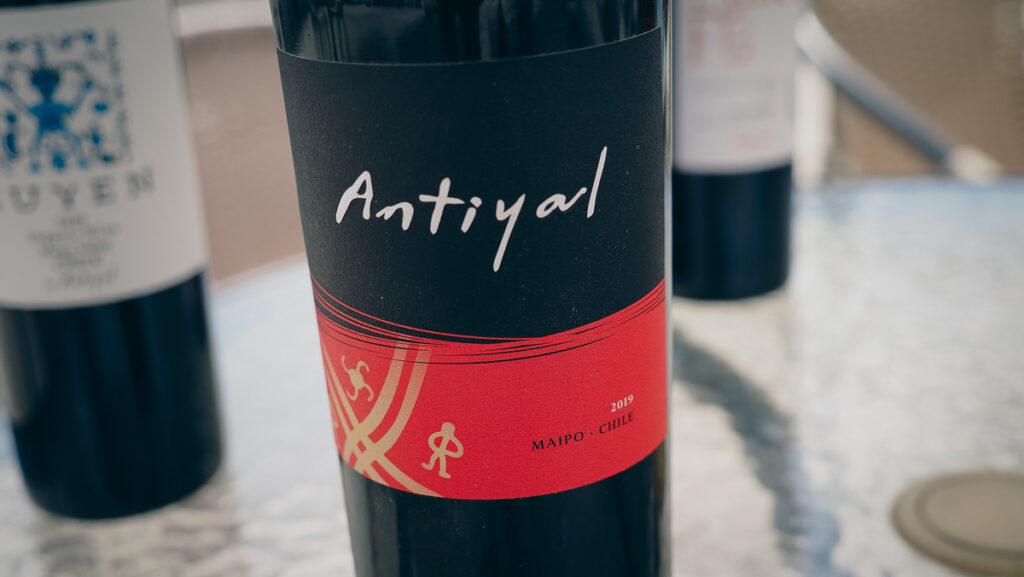
Antiyal 2019 Maipo, Chile
50% Carmenère, 30% Cabernet Sauvignon and 20% Syrah, with one-third new oak, one-third used oak and one-third concrete. Lovely aromatics of sweet cherry and blackcurrant with a touch of spicy oak. The palate is concentrated and refined with fine-grained structure, and well integrated spicy oak. This is a stylish wine showing nice depth with real polish. Stylish and expressive with a fresh finish. 95/100
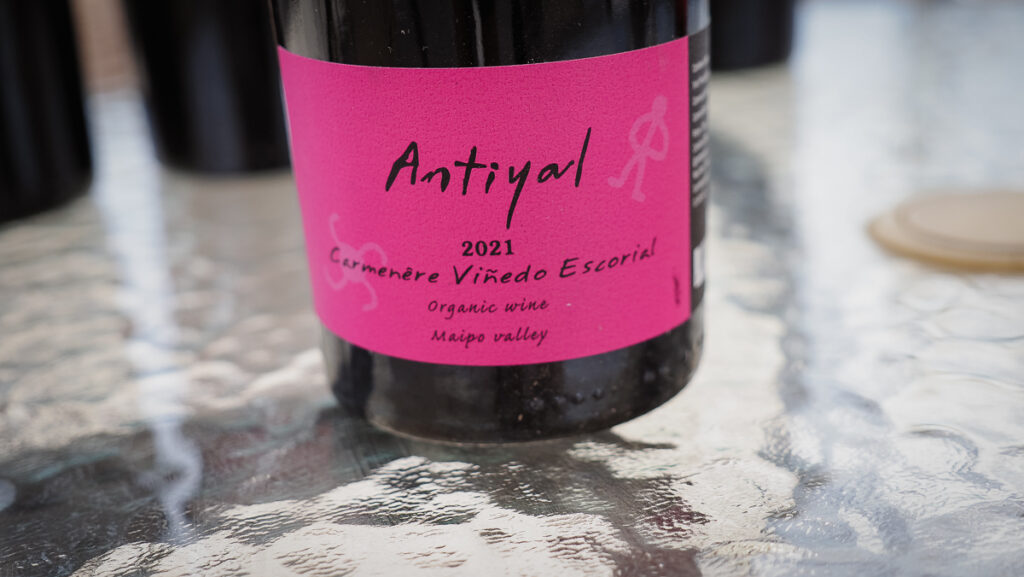
Antiyal Carmenère Viñedo Escorial 2021 Maipo, Chile
This is matured in concrete eggs, and is a component of the Antiyal. Brooding blackcurrant nose with notes of incense, dried herbs and pepper. The palate is smooth, supple and refined with a slight chalkiness. Smooth berry and black fruits with a touch of saltiness on the finish. Stylish. 95/100

